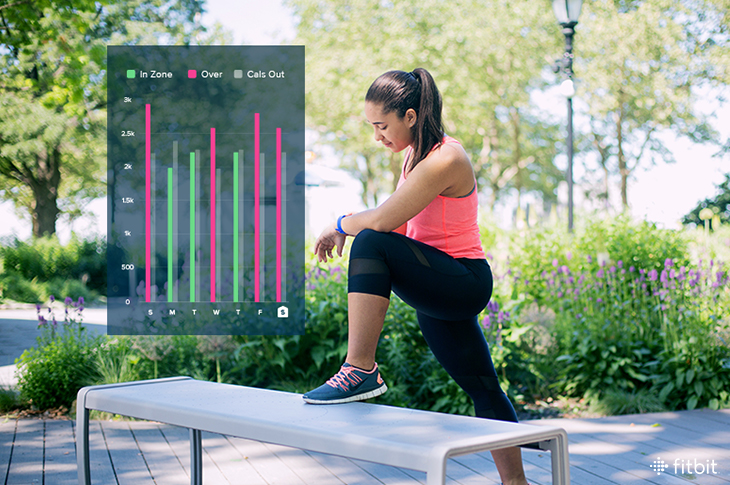
So you want to lose weight, and you think you should start running. Or maybe you’re already a runner, but you’d still love to shed a few pounds. Even if you’re putting in lots of miles and improving your physical fitness, you still may not see the scale move. It’s one of life’s great ironies, but it’s definitely possible—there are plenty of overweight runners on the road. The most likely reason? You’re only focusing on one lifestyle change. If you ramp up your activity but ignore nutrition, and continue to eat processed foods, sugar, and booze, you can be fit but unhealthy.
“You can’t outrun a bad diet,” says Kaley Todd, MS, RDN, and developer for the University of California San Francisco Medical Center RunSafe Clinic, a sports wellness program for runners. “Banking mileage doesn’t give you the green light to eat whatever you want. In fact, lots of runners come to me extremely frustrated, because they gained weight when they started training. Unfortunately, donuts, chips, cake, and ice cream quickly make up for calories burned.”
All those extra calories can lead to excess weight, which, quite simply, will slow you down. A classic study from 1978 put runners on a treadmill while wearing weighted vests, adding on 5, 10, and 15 percent of their bodyweight. Even a 5 percent increase slowed run times by 35 seconds. In other words, if you’re 150 pounds, and gain 7.5 pounds over the holidays, your stats may suffer. More recent studies found similar results, whether testing with harnesses or pulleys. And a new report reveals that American marathon runners have never been slower. Some might conclude that’s because more women are running, or because races are simply getting more popular, but the study authors don’t think so—they draw a correlation to the rise in obesity.
The larger concern about health is the more important point. When you combine intense training with poor nutrition, you’re hurting your body in a multitude of ways. An opinion piece published in the Journal of Sports Medicine specifically looked at athletes doing high-intensity training while eating high-glycemic carbs. White sugar, white flour, and alcohol all contribute to inflammation. Combined with aggressive exercise, that can lead to overtraining syndrome, putting you at risk for injuries, like stress fractures, and compromising your immune system.
It’s something to consider, especially if all of your runs are starting to feel like a struggle, you might want to stop chasing them with burgers and beers. “I can’t tell you how many runners come to me saying they’re so exhausted, always sore, and suffering from chronic headaches,” sympathizes Todd. “But with a few simple diet changes, they’re amazed when those symptoms disappear.” Todd recommends an anti-inflammatory diet, starring whole grains, healthy fats, and, you guessed it, lots of antioxidant-rich fruits and vegetables.
Todd is also quick to point out that thin doesn’t necessarily equal healthy, either. “So many runners want to lose weight, but so few focus on nutrition,” she says. “Don’t be a slave to the numbers on the scale. Eat the right amounts of the right kinds of foods, so you’re getting dense nutrients throughout the day. The reward? You can run fast, run safe, and feel great.”
This information is for educational purposes only and is not intended as a substitute for medical diagnosis or treatment. You should not use this information to diagnose or treat a health problem or condition. Always check with your doctor before changing your diet, altering your sleep habits, taking supplements, or starting a new fitness routine.

Can we set a macro goal on the fitbit app?